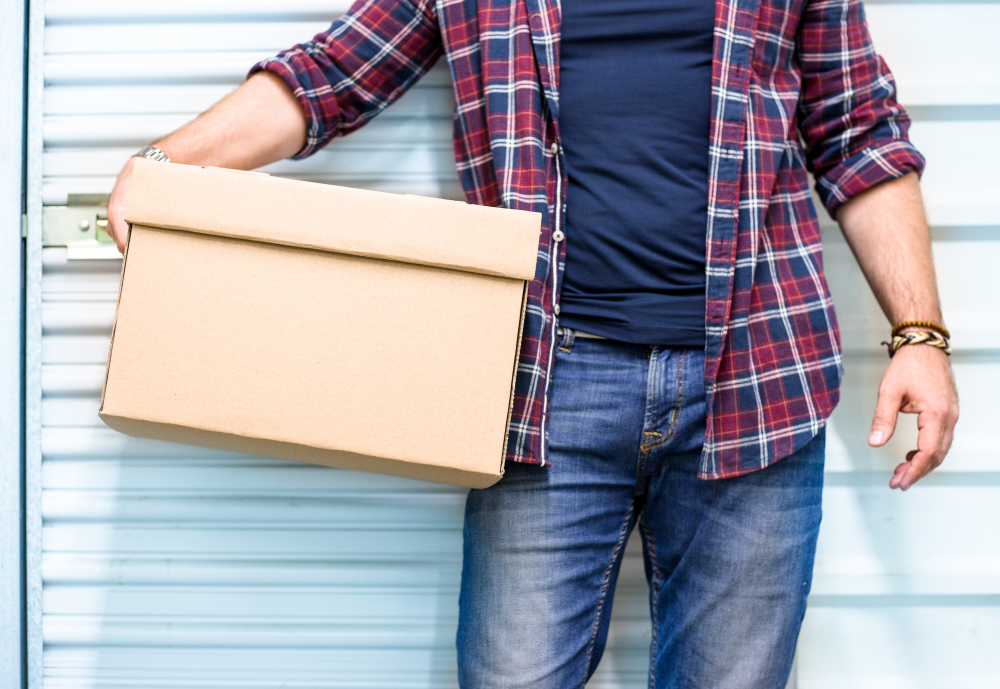The self-storage industry has been gaining steam in recent years. Currently there are somewhere between 44,149 (Self-Storage Almanac, 2018) and 52,000 (Self Storage Association, 2018). Sources vary depending on definition and methodology. Have you ever wondered how safe your belongings are in there?
in recent years. Currently there are somewhere between 44,149 (Self-Storage Almanac, 2018) and 52,000 (Self Storage Association, 2018). Sources vary depending on definition and methodology. Have you ever wondered how safe your belongings are in there?
The answer is safe-ish. If you are the holder of a renter’s insurance policy, your items are covered, but there’s a catch—the policy will cover them but at a lower limit.
What’s typically covered by your renter’s policy will also be covered in your storage unit. Clothing, furniture, electronics, appliances—they will all be protected in case of fire, tornado, or water leak. Moreover, things are stolen from the unit, the insurance policy should still cover you. Your luck runs out if the damage is caused by pests, floods and earthquakes.
There are also a series of random exceptions:
- The insurer will refuse claim payment if the object is not in your home because you’re repairing or refurbishing it.
- If you are restoring an instrument and don’t store it in your home because you deem your place too risky, the insurance policy would not cover any damages to its kept in a self-storage unit.
- Not protected will also be the items you keep in another residence that your renter’s insurance doesn’t cover—say you keep your vinyl collection in your storage unit, and previously you’ve been keeping it at your parents’ place, renter’s insurance won’t cover it. This is a grey area and it may be pretty difficult to prove.
Renters insurance will cover items stored in a self-storage container up to 10 percent of your policy limits. In other words, if you have a policy covering $70,000, you would be insured up to $7,000 for the items in your storage units. Here too coverage limits afforded to certain items apply—any electronics, jewelry, musical instruments will be capped at their normal limits.
Renter’s insurance will cover the items you store in a unit even if you are moving to a new apartment. You just need to change the address on your policy to the new apartment within 30 days. The insurance policy will cover both houses for 30 days, but it’s your responsibility to contact the insurer within a month of the move and have the policy reflect the new address.
Self-storage insurance – yay or nay?
If the limits to your current policy cannot cover at least 80 percent of the value of the contents in the unit, you should purchase additional storage insurance from the storage company or a third-party specialty insurer. A storage unit insurance policy grants thousands of dollars in extra coverage your renter’s insurance policy won’t offer.
